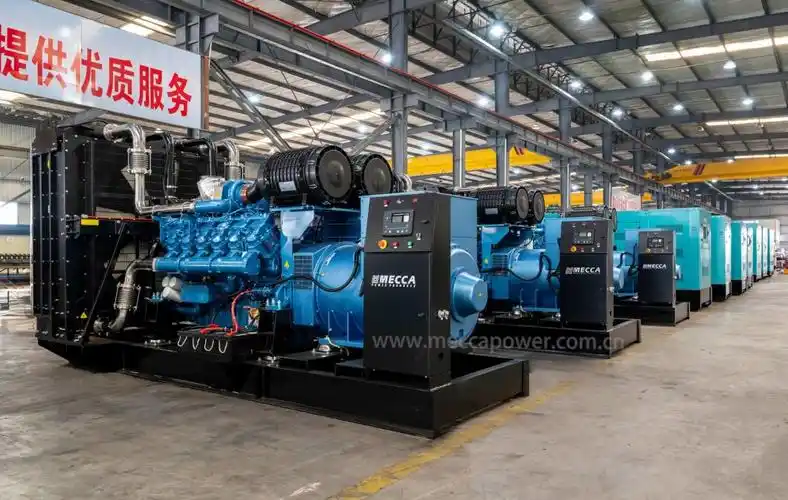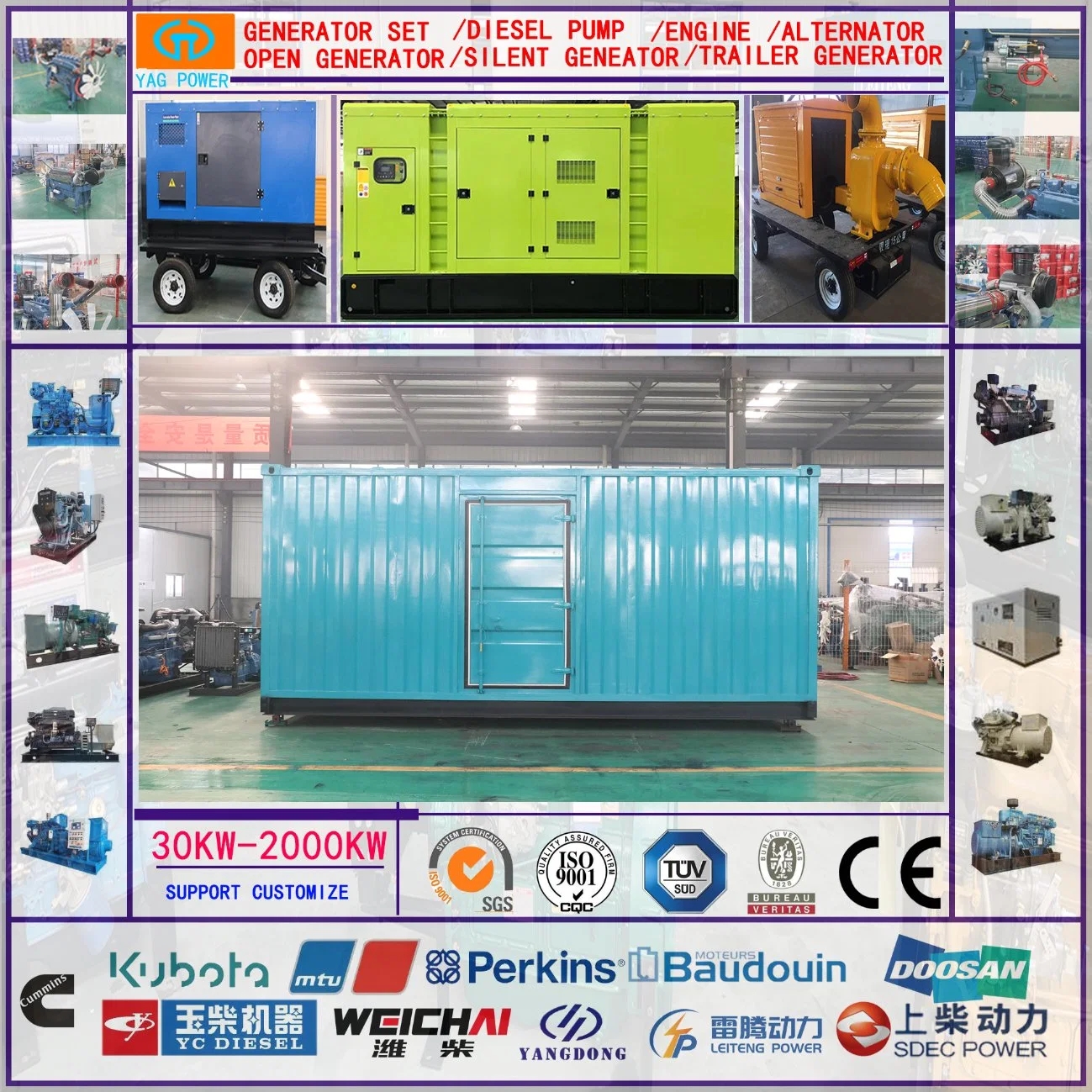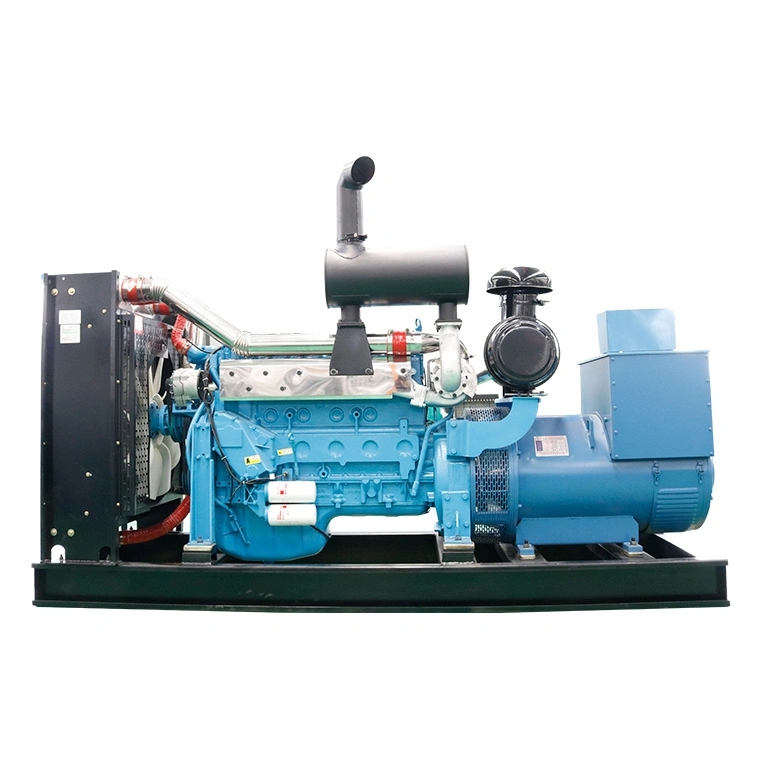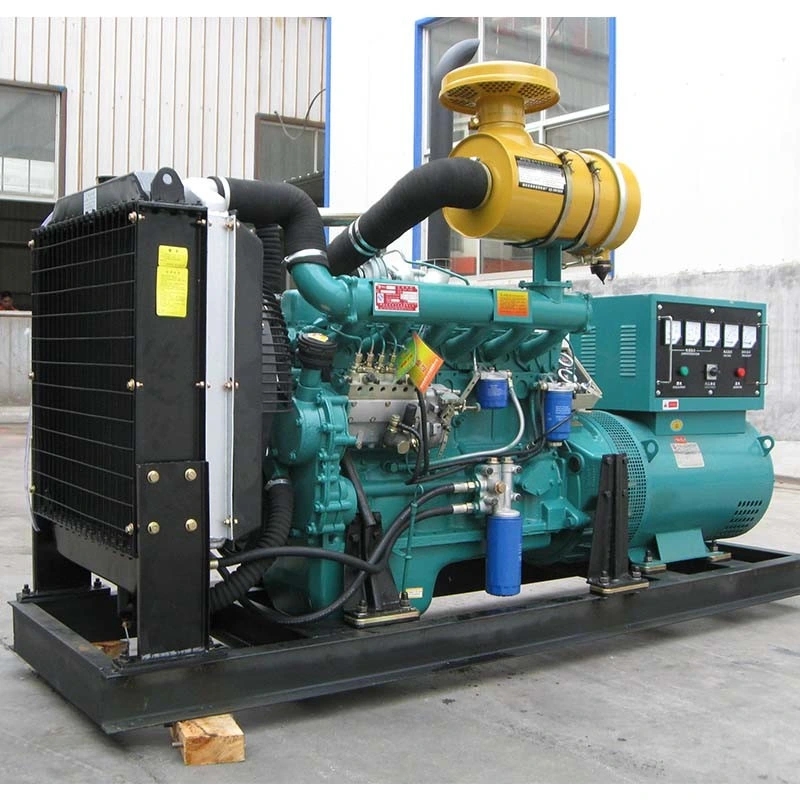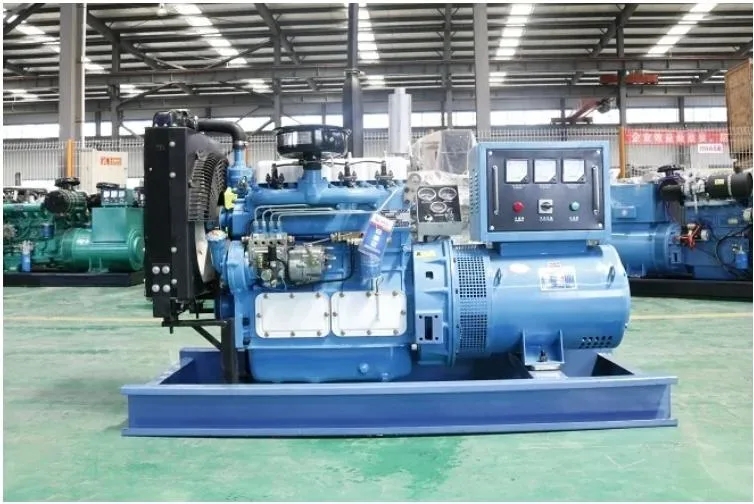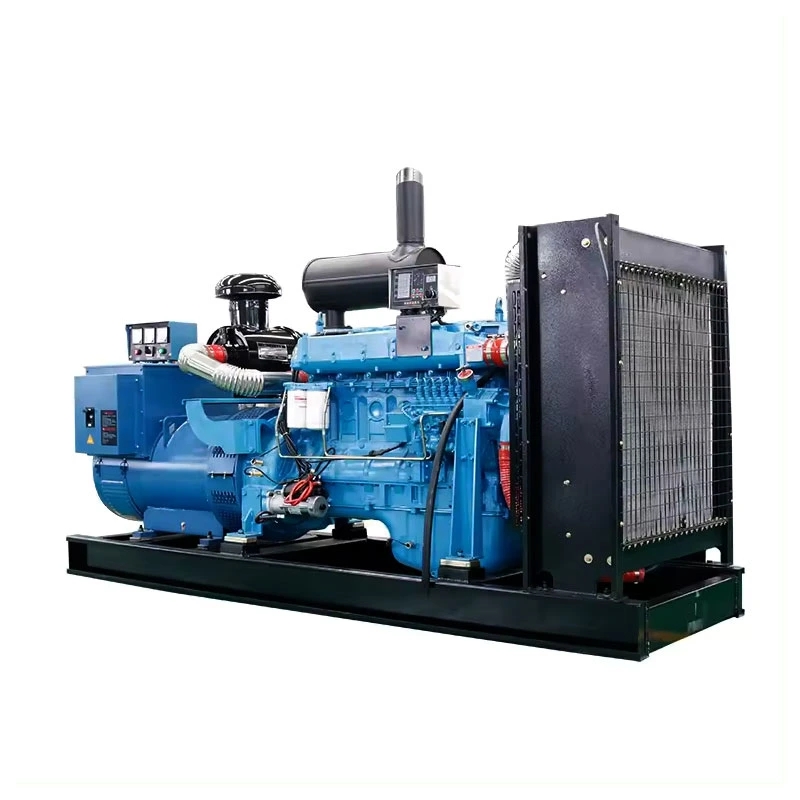Table of Contents
Toggle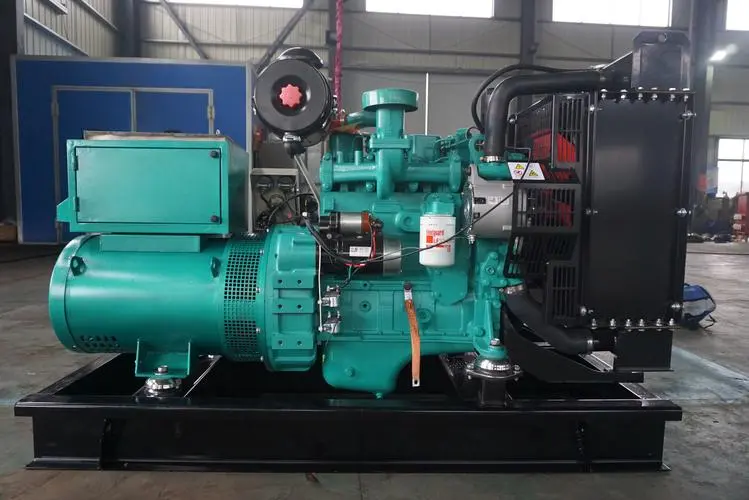
Understanding Diesel Generators: Powerhouses of Reliability
Diesel generators have emerged as indispensable sources of backup power, renowned for their dependability and fuel efficiency. These robust machines convert the chemical energy stored in diesel fuel into electrical energy, ensuring an uninterrupted supply of power during outages or in remote locations. However, to truly harness their potential and optimize their performance, it is crucial to grasp the concept of generator efficiency.
Defining Generator Efficiency: A Measure of Conversion Prowess
Generator efficiency is a quantitative measure that reflects the generator’s ability to convert the input energy from the fuel into usable electrical output. It is typically expressed as a percentage, representing the ratio of the electrical power generated to the energy content of the fuel consumed. A higher efficiency percentage indicates a more efficient conversion process, translating into lower fuel costs and reduced environmental impact.
Calculating Diesel Generator Efficiency: A Step-by-Step Approach
To accurately assess the efficiency of a diesel generator, a systematic approach is required. This process involves measuring the generator’s output and fuel consumption, and then applying a straightforward calculation. Here’s a step-by-step guide to help you determine the efficiency of your diesel generator:
- Measure the Electrical Power Output: Determine the generator’s electrical power output in kilowatts (kW) by using a reliable power meter or referring to the manufacturer’s specifications.
- Quantify Fuel Consumption: Measure the amount of diesel fuel consumed by the generator over a specific period, typically expressed in liters per hour (L/h).
- Convert Fuel Consumption to Energy Units: To facilitate the calculation, convert the fuel consumption from liters per hour to a compatible energy unit, such as British Thermal Units (BTUs) or kilowatt-hours (kWh). Reference tables or online calculators can assist with this conversion.
- Apply the Efficiency Formula: Once you have the electrical power output and the fuel consumption in compatible energy units, apply the following formula:
Efficiency (%) = (Electrical Power Output (kW) / Fuel Consumption (kWh)) × 100
- Interpret the Results: The resulting percentage represents the generator’s efficiency. A higher value indicates a more efficient conversion process, while a lower value suggests potential areas for improvement or maintenance.
Tips for Accurate Measurement and Calculation
To ensure reliable and accurate results when calculating diesel generator efficiency, consider the following tips:
- Conduct the measurements under normal operating conditions, with the generator running at its optimal load.
- Use high-quality instruments, such as calibrated power meters and fuel gauges, to minimize measurement errors.
- Repeat the measurements multiple times and calculate the average to account for potential variations.
- Consult the manufacturer’s specifications or seek professional assistance if you encounter any uncertainties or discrepancies.
Factors Influencing Diesel Generator Efficiency
While the calculation process provides a quantitative measure of efficiency, it is essential to understand the various factors that can influence a diesel generator’s performance. These factors include:
Load Conditions
The efficiency of a diesel generator can vary significantly depending on the load conditions. Generators operate most efficiently when running within a specific load range, typically between 50% and 80% of their rated capacity. Overloading or underloading the generator can lead to decreased efficiency and potential damage.
Fuel Quality
The quality of the diesel fuel used can have a substantial impact on the generator’s efficiency and overall performance. High-quality fuel with minimal impurities and contaminants can improve combustion efficiency and reduce emissions, leading to better overall efficiency.
Maintenance and Age
Regular maintenance, including oil changes, air filter replacements, and proper lubrication, can help maintain optimal efficiency levels. Additionally, the age of the generator and its components can affect efficiency, as older units may experience wear and tear, leading to decreased performance.
Environmental Conditions
Factors such as ambient temperature, altitude, and humidity can influence the efficiency of a diesel generator. High temperatures or high altitudes can reduce air density, affecting combustion efficiency and overall performance.
Optimizing Diesel Generator Efficiency: Best Practices
To ensure your diesel generator operates at peak efficiency, consider implementing the following best practices:
Proper Sizing and Load Management
Selecting the right size generator for your power requirements is crucial. An undersized generator will struggle to meet the load demands, leading to inefficient operation and potential damage. Conversely, an oversized generator may operate at a lower efficiency due to underloading. Regularly monitoring and adjusting the load to match the generator’s optimal operating range can significantly improve efficiency.
Routine Maintenance and Inspections
Adhering to a strict maintenance schedule is essential for maintaining optimal efficiency. Regular oil changes, filter replacements, and inspections can identify and address potential issues before they escalate, preventing unnecessary energy losses and ensuring consistent performance.
Fuel Quality Monitoring
Implementing a fuel quality monitoring program can help ensure that the diesel fuel used meets the required specifications. Contaminants and impurities can negatively impact combustion efficiency, leading to decreased performance and increased emissions.
Environmental Considerations
While environmental factors may be beyond your control, taking measures to mitigate their impact can improve efficiency. For example, providing adequate ventilation and shading can help maintain optimal operating temperatures, while adjustments to the air-fuel mixture can compensate for changes in altitude or humidity.
Advanced Techniques for Efficiency Optimization
For those seeking to further enhance the efficiency of their diesel generators, advanced techniques and technologies may be worth exploring:
Waste Heat Recovery Systems
Waste heat recovery systems capture and repurpose the excess heat generated during the combustion process, effectively increasing the overall efficiency of the system. These systems can be integrated into existing generators or incorporated into new installations.
Hybrid Generator Systems
Combining diesel generators with renewable energy sources, such as solar panels or wind turbines, can create hybrid systems that optimize efficiency and reduce overall fuel consumption. These systems leverage the strengths of each energy source, providing a more sustainable and cost-effective solution.
Predictive Maintenance and Monitoring
Implementing predictive maintenance strategies and real-time monitoring systems can help identify potential issues before they occur, enabling proactive maintenance and minimizing downtime. These systems can also provide valuable data for optimizing generator performance and efficiency.
Conclusion: Embracing Efficiency for a Sustainable Future
Calculating and optimizing the efficiency of diesel generators is not only a matter of cost savings but also a critical step towards a more sustainable and environmentally responsible future. By understanding the factors that influence efficiency and implementing best practices, businesses and individuals can maximize the performance of their generators while reducing their carbon footprint and operating costs.
As the demand for reliable and efficient power sources continues to grow, embracing the principles of generator efficiency will become increasingly important. By staying informed, adopting advanced technologies, and prioritizing regular maintenance, stakeholders can ensure that their diesel generators remain efficient workhorses, powering their operations with minimal environmental impact.




